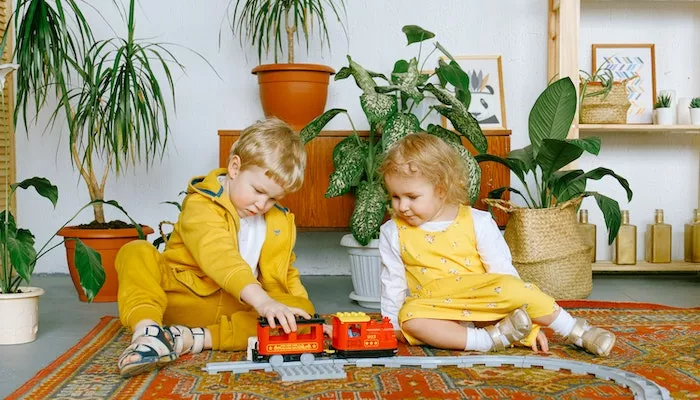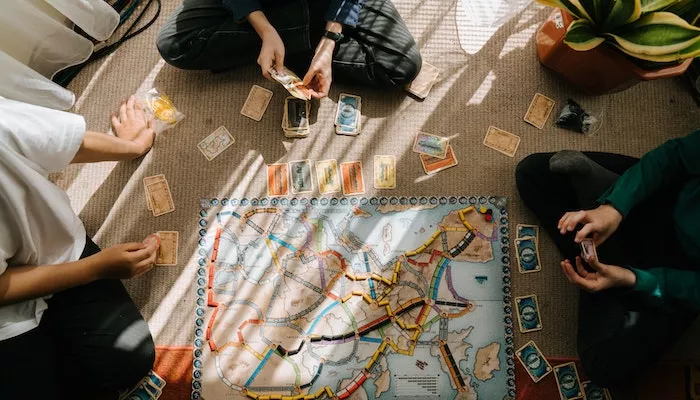The playful games in early childhood education are fun and educational activities that play an important role in the lives of children and families.
They help develop cognitive, social and emotional skills, as well as stimulate creativity and imagination. In addition, playfulness in early childhood education provides moments of leisure and relaxation for children and the family as a whole.
What is the purpose of playful games in early childhood education?
The purpose of playful games, in addition to developing cognitive, social and emotional skills, also contribute to learning important values and attitudes. As well as the importance of teamwork, honesty, patience and peaceful conflict resolution.
Another objective and benefit of ludic games is the opportunity they offer the child to practice their concentration and memory skills, in addition to stimulating creativity and imagination. Playing games with other children also helps to develop social skills, such as the ability to communicate, listen and share.
Playful games are also a great way to promote children’s physical development, especially those that take place outdoors. Games like running, tag and ball games help improve hand-eye coordination, physical strength and endurance.
In addition, playful games can be an excellent way to spend family time, strengthening bonds between parents, children and other family members. Playing together will definitely help create good memories and positive experiences for everyone, as well as being an opportunity to have fun and relax together.
[articles-photos]
What are the types of playful games in early childhood education?

Playful Games in Early Childhood Education – Pexels
In early childhood education, playful games are those that are carried out in a fun way and, as we have already mentioned, aim to stimulate the development of children. Some of these games are:
Rock games: Guessing games, mimes and songs are examples of wheel games that help develop children’s social and emotional skills.
Building games: Activities such as putting together puzzles, building blocks and games like legos help stimulate children’s creativity and imagination, as well as develop cognitive skills.
Simulation games: Playing with cooking, going to the supermarket and playing with kitchen toys, for example, helps to develop children’s social, cognitive and emotional skills.
Expression games: Activities such as dance, music, drama, drawing and painting help to develop children’s creativity and expression.
Outdoor games: Activities such as running, tag, ball games and playing on the beach or in the park help develop children’s bodies and physical health.
Board games: Games such as chess, checkers, dominoes, ludo, memory games, among others. These games are fun, challenging and help teach important values, such as the importance of taking turns, getting along well and respecting the rules.

Playful Games in Early Childhood Education – Pexels
Conclusion
In summary, playful games are an excellent way to promote child development and strengthen family ties. In addition to being fun, these activities are valuable for the healthy growth of children and for the formation of good memories and positive experiences in the family. There is an incredible universe to be explored in early childhood education through playful games. Therefore, enjoying every moment is extremely important for children and everyone around them. Enjoy with the little ones without contraindication!
We hope you enjoyed reading this. Be sure to follow our portal and until next time!




